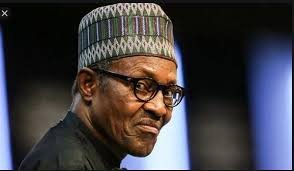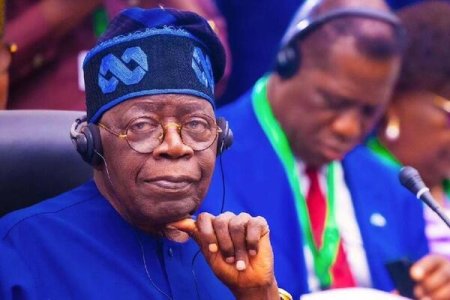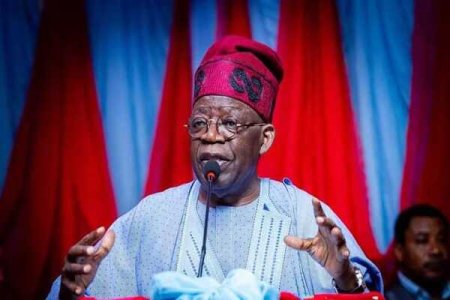
In a recent revelation at the national assembly, Adewale Adeniyi, the Comptroller General of the Nigeria Customs Service (NCS), disclosed that waivers and concessions granted by the administration of former President Muhammadu Buhari cost the country a staggering N1.3 trillion. The disclosure, made during a public hearing on the 2024–2026 medium-term expenditure framework and fiscal strategy, prompted the chairman of the joint committee, Sani Musa, to call for a Senate probe into the waivers and concessions.
Musa emphasized the need to reconsider such arrangements, stating, "By now, we should be consolidating on waivers given to boost revenues." He expressed concern about the impact on sectors like cement manufacturing and sugar importation.
The Senate also raised questions about the NCS's modernization project, e-customs, seeking details of the $3.2 billion agreement. However, Adeniyi stated that the service lacks access to the specifics of the modernization agreement, raising eyebrows amid the recent approval by the federal executive council, despite a court order against proceeding with the initiative.
As the Senate gears up for a thorough investigation, the economic implications of these waivers continue to draw attention, with stakeholders eager for transparency and accountability in Nigeria's fiscal policies





